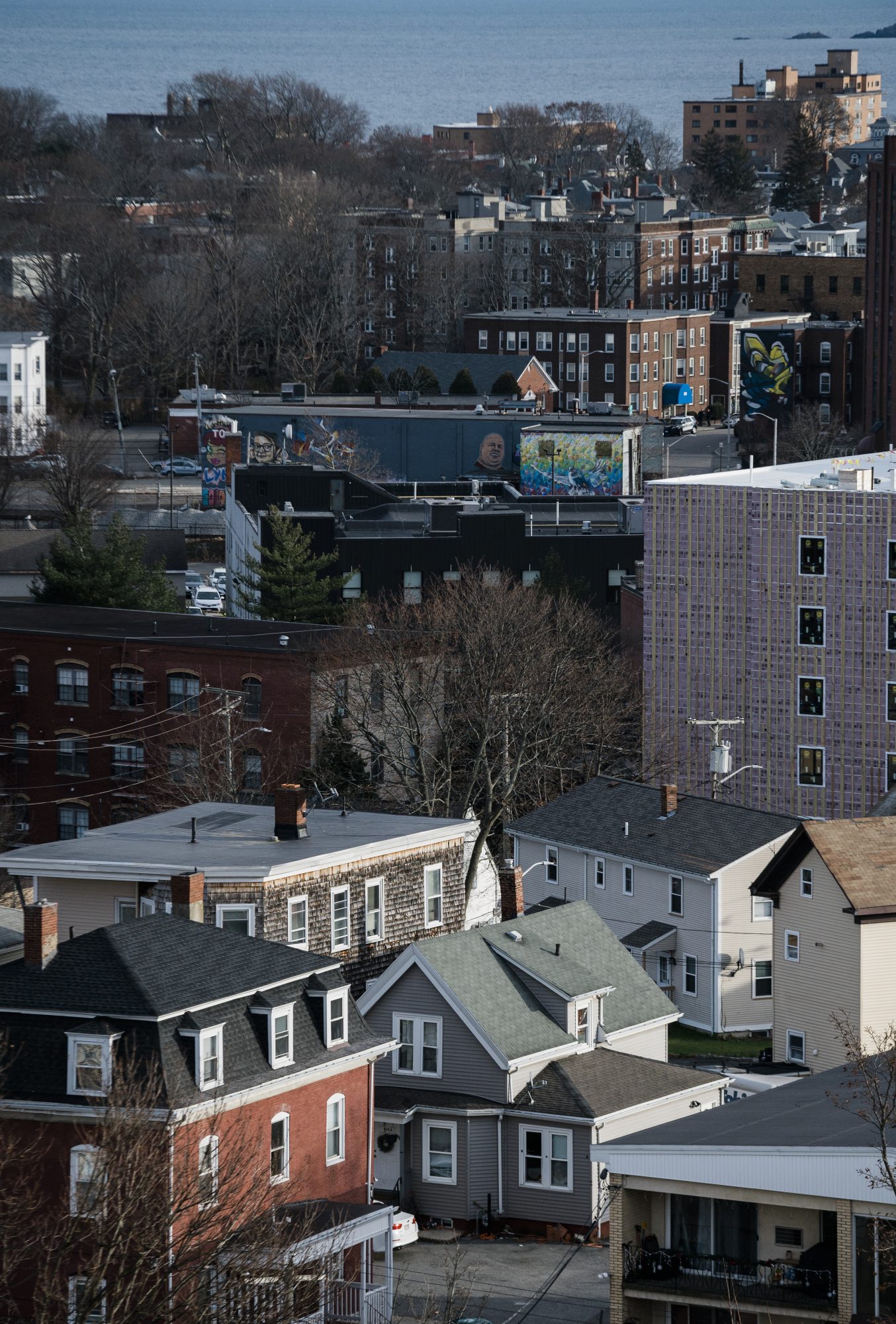LYNN ― As a third-party company started registering long-term rental housing units for future inspections, in accordance with the ordinance adopted in October 2020, local landlords started to express frustration with the process, the fees and the timing of the new program.
The Lynn City Council passed the long-term rental ordinance, which requires all rental units to be inspected every five years on Sept. 29, 2020; it was signed by the mayor on Oct. 1, 2020. According to city officials, the ordinance was meant to protect both landlords and renters.
“It helps support the landlords and it helps support the people living in those apartments. We have to make sure the exits are clear, that it’s safe for our public-safety workers, our police and firefighters,” said Michael Bertino, Lynn’s chief financial officer. “It also has to be safe for our constituents in the city and for the landlords. These are important aspects where you have such a large amount of your housing stock in rental units.”
There are approximately 18,000 rental units in the city, requiring 18,000 registrations and 3,600 inspections on a yearly basis, said Michael Donovan, Lynn’s inspectional services chief and building commissioner. Every rental unit will receive at least one inspection every five years to ensure that it meets the minimum standards for habitation.
To perform the inspections, the city retained a third-party company, SafeBuilt. Donovan said the Inspectional Services Department (ISD) did not have enough manpower to do the inspections and clerical work with the anticipated number of registrations and inspections, and that SafeBuilt could work more flexible hours.
Bertino said the city tried hiring Lynn residents over the years.
“We would rather have our residents have the jobs, but we can’t force them to apply. Sometimes we’ve gone six, seven months repeating the different ads in different publications and it’s hard to get people,” Bertino said.
For their services, SafeBuilt will receive about three quarters of the fees paid by landlords, said James Lamanna, assistant city solicitor.
First inspections on properties known to the city to have had multiple complaints against them for violations of the sanitary code will begin around April 1, 2022, Donovan said.
As the landlords started to receive mail notifications from SafeBuilt about the registration of the units, which started in July, some of them were confused and unhappy about the process.
One of the Lynn landlords, Ana Mitchell, who owns several properties in the city, said that she received the first letter about inspection registration on Sept. 30, asking her to fill out enclosed application materials to register the rental-housing units that she owned. The problem was, there was no application attached to the letters she received at her properties and home address. She tried finding one online but did not succeed, and calling SafeBuilt didn’t answer her questions.
Mitchell said she owns property elsewhere in Massachusetts and outside of the state, and ordinances or inspection programs like these are common.
“But the issue that I had was the way it was rolled out. It was so haphazard,” Mitchell said. “They did a mailing without an application. So that kind of shows that the third party wasn’t on top of things. And to me, Lynn is paying for that. It’s a waste of resources.”
Mitchell pointed out that during the COVID-19 pandemic, when landlords are not being paid rent and taxes are going up, the registration and inspection fees for landlords of several units accumulate and become hard to afford.
The ordinance specifies that the landlords need to pay the initial registration fees of $25 and an annual renewal fee of $15 for each rental unit. Each inspection will cost $100 with an additional $25 fee for a reinspection if something in the unit needs to be fixed.
There are no waivers for landlords who cannot afford to pay the fees in the ordinance, Lamanna said.
“The general consensus from the city is that rents are oftentimes $1,600, $1,800, sometimes over $2,000 a month, and that a $100 fee, plus the registration fee over a five-year period (which comes to $185) is not much to ensure that the units are safe, that the people aren’t having illegal basement apartments, attic apartments,” Lamanna said.
According to the ordinance, landlords can opt to use their own authorized licensed inspector and submit the inspector’s report to the city, Lamanna said. New units are exempt from inspections for the first five years.
However, there is a $300 fine a day if the long-term rental property is not registered.
“You can’t enforce that fine, because it’s exorbitant. That was a scare tactic, which I didn’t think was appropriate,” Mitchell said.
Mitchell and another landlord who contacted the Item was wondering if there was a checklist to prepare for an inspection that they could easily find. In reply, Donovan referred to the State Sanitary Code,105CMR410.00: Chapter II, Minimum Standards of Fitness for Human Habitation.
With so many questions about the ordinance, Mitchell has not registered her properties.
“I’m personally not going to participate in it until it’s rolled out properly,” Mitchell said.
Frustrated, she decided to ignore the letter.

